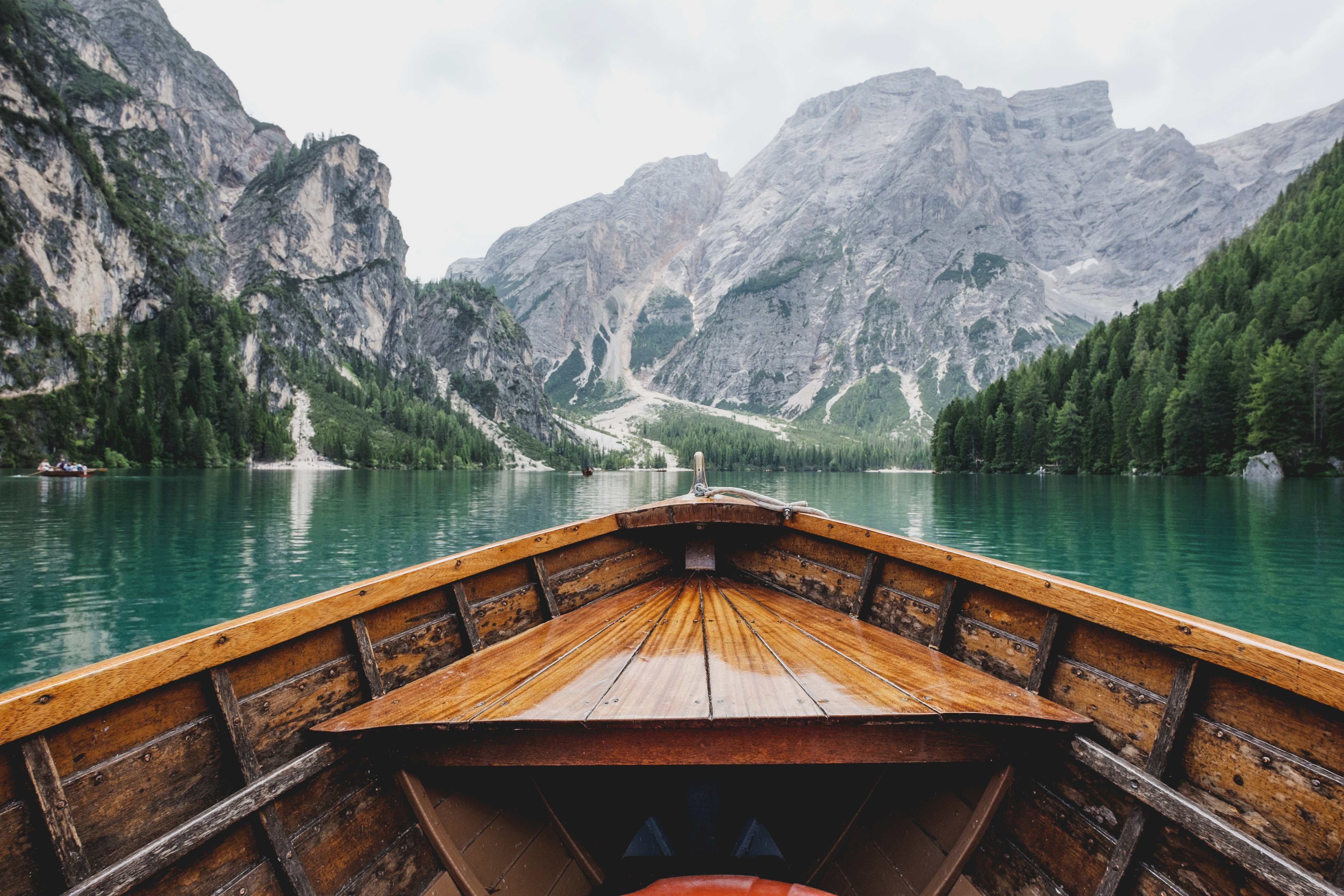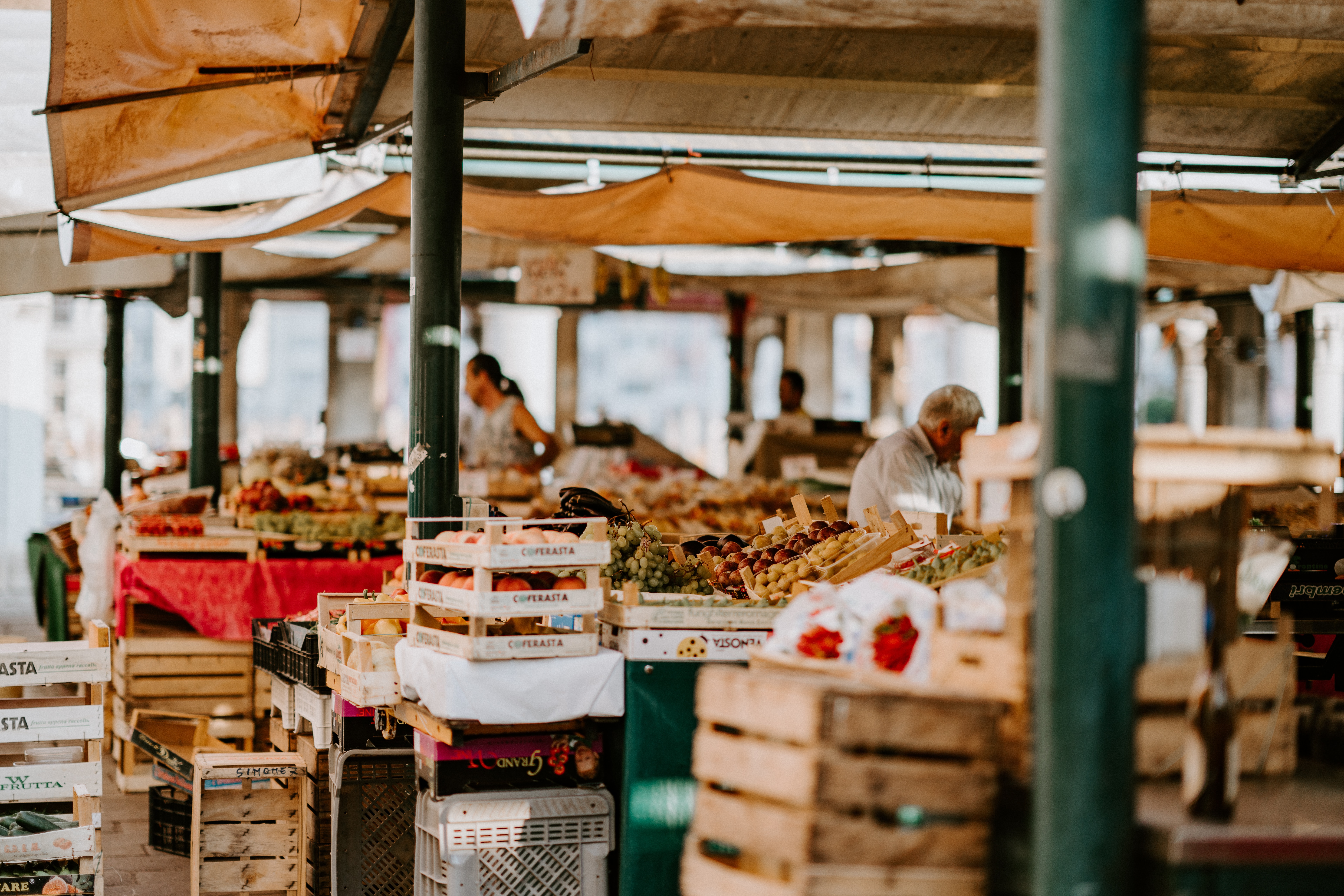1. Consumers are more aware of their needs
.
Thanks to the possibilities offered to tourism consumers by the internet, they feel more and more free to search for information. As time goes by, the traveller is becoming more and more informed, more ’empowered’, and more able to organise his or her trip independently. While there are still customers who rely on travel agencies to organise their entire holiday, customers who prefer to contact agencies once they have opted for one or more tourism products are on the rise.
{{cta(‘bb2971b9-bf36-4c36-8edc-75223dba5208’)}}
Agencies have often been forced to compete in the marketplace on price. However, this consumer is not exactly looking to analyse tourism products on price. This traveller will study the tourist options that best suit his or her needs, his or her interests. Such is the change in attitude towards decision-making that travellers will not mind paying more for the product if they are confident that this product will provide them with the value they demand.
And it is precisely consumer demand that has been the key to the evolution of tourism in recent years. After decades of tourism focused on the summer period and on the seafront, travellers are in search of authenticity. They are looking for different destinations, such as areas far from the major tourist hotspots, and products that allow them to live unique experiences, connected to the authenticity of these different places.
They are looking for a different kind of tourism.
Basically both the destination to visit, and the activities that the traveller can do there, are the two key factors in their purchase decision. That is why part of its research includes the analysis of the opinions of experts in the sector as well as those of other travellers who have shared their experience on the internet.
.

2. A sustainable holiday
In a world increasingly aware of sustainability issues, travellers are becoming more and more involved in looking for options that reduce the negative impact on the environment
Sustainable holidays
Travel agencies must consider the impact of their products on the destination.
This is why the more demanding tourist consumer seeks to move away from the major tourist hotspots, opting for destinations close to them that are less crowded. Alternatively, they can opt to stay in the tourist capitals, with the option of visiting local spotswhere there is no tourist saturation.This means, then, that the traveller feels more responsible for their impact. They will be interested in looking for tourism products that take into account values as prominent today as sustainability, respect for the environment, safety, and even equality. The discerning traveller wants to be respectful of the destination’s environment and the local population, and to be able to enjoy their trip without feeling worried about circumstances or threats that endanger their wellbeing or that of others.
They want to be able to enjoy their trip without feeling worried about circumstances or threats that endanger their wellbeing or that of others.
This is perhaps the reason why tourism focused on rural experiences, experiences connected with nature, is booming. Not only to get to know natural environments that have not suffered urban impact, but also as a way of disconnecting from the daily routine
, to enjoy a few days without stress.3. In search of a transformation
Another trend being observed among travellers is their search for experiences that transform them, that help them in their personal growth
. While one of the most prominent aspects is the need to disconnect from the daily routine, travellers now see their holidays as a way of living experiences that help them to reflect, to learn, to grow as individuals.
This is why some travellers opt for tourism products that include activities that seek disconnection or relaxation. For example, practising yoga or meditation. It is true that these are very common practices around the world. But by applying these activities in a different environment, travellers consider them to be methods that help them connect with the identity of the destination they are visiting while taking care of themselves. There are other travellers who choose to take courses in the destination, or even volunteer activities.
Travellers in need of new experiences opt, for example, for destinations that are little explored by international tourists. Few corners of our planet remain undiscovered, but there are travellers who want to experience their transformation as ‘adventurers’ by engaging in activities in remote locations.
On the other hand, there are travellers who repeat visit already known destinations. The transformation is lived in search of experiences that they have not yet experienced in that place. This tends to be more common on short trips, such as weekend trips
.
4. Alone or in company?
Single or in company?
People who travel as a couple or in a group are essentially looking to reinforce their bonds. For example, it is more common for couples to look for tourism products where they can be more active. The feeling of adventure, fun, adrenaline, brings them not only personal entertainment, but also experiences that they share and that help them to strengthen their relationship.
On the other hand, thanks to the ’empowerment’ of the traveller to make their own decisions, more and more tourism consumers opt to travel alone. This allows greater freedom to choose destination, accommodation, dates, but above all freedom to choose the most suitable tourism product
.

5. ‘Millenials’ and ‘Baby boomers’
Today the favourite audience of tourism worldwide are the so-called ‘Millennials’, so called because they were born approximately between 1981 and 1995, when technology began to form an important part of their lives. Precisely because they were the first generation to experience the technology boom, they are the best at using the internet to plan their trips. And the ones that DMCs are so keen to attract.
The DMCs want to attract them.
Globally, 23% of international travel is undertaken by 15-29 year olds, hence ‘Millennials’. (World Tourism Organization, 2016) And this percentage continues to rise: Millennials are expected to make up 50% of international travellers by 2025 (Tourism Megatrends 10 things you need to know about the future of Tourism, 2016). This is not only due to leisure travel, but also because many Millennials are entering the business travel arena.
In the case of the ‘Baby boomer generation (born between 1946 and 1965), they belong to an older age group, which means that not many share the same information-seeking tendencies as the ‘Millennials’. This group of consumers do tend to continue to rely on travel agencies to organise their entire holiday.
However, they do share certain interestswith Millennials. For example, personal growth, balance, and enjoying their freedom. That is why these consumers are attracted to those tourism products that make them regain that spirit of youth, of inspiration. (Euromonitor International, 2019)
.
6. The relationship with technology
So far you can imagine that the latest technologies have had a big impact on the tourism sector. Especially in the pre-purchase phase. However, once it is time to pack up and leave home, there are two types of attitudes that are standing out in the travel industry.
One trend is to go on holiday, but remain connected to the world via smartphones. The phenomenon of being afraid of missing out on things happening on social media now has a name: ‘Fear of Missiong Out’ (FOMO). This is why many companies are taking advantage of this trend to continue to keep in touch with their customers through their social networks.
Fear of Mission Out’.
At the other end of the spectrum are those who use their holidays to disconnect from the stress of the virtual world. These customers, known as ‘Joy of Missing Out’ (JOMO), disconnect from their smartphones to enjoy their free time, and above all their privacy. And due to the technological world in which we live, more and more travellers are opting for JOMO proposals. (Euromonitor International, 2019)
With the technological world in which we live, more and more travellers are opting for JOMO proposals.
This is why companies are also betting on experiences specially prepared for this digital disconnection. And these proposals include, in particular, greater interaction with the company’s staff, in order to offer a more human contact with the tourism product.

7. Interest in local culture and customs
.
Precisely because of travellers’ interest in connecting more with the destinations they visit, they prefer to engage in different activities. Instead of looking for experiences focused on the masses of tourists, the most demanding travellers prefer to live authentic and local experiences. From cultural visits where they can learn about the history and customs of the place, to gastronomic tours to taste local products.
8. Personalised experiences
There are DMCs that are spotting these trends among their clients, which is a great opportunity to create personalised experiences. This allows companies to define products completely tailored to customers’ needs. And above all, taking into account the latter customer preferences.
If you have detected any of these new interests among your target audience, it might be a good time to take another look at your customer typologies and re-contemplate again your marketing strategiesto attract them with these new consumer trends in mind.
Images: chuttersnap | Luca Bravo | Mesut Kaya | Annie Spratt

